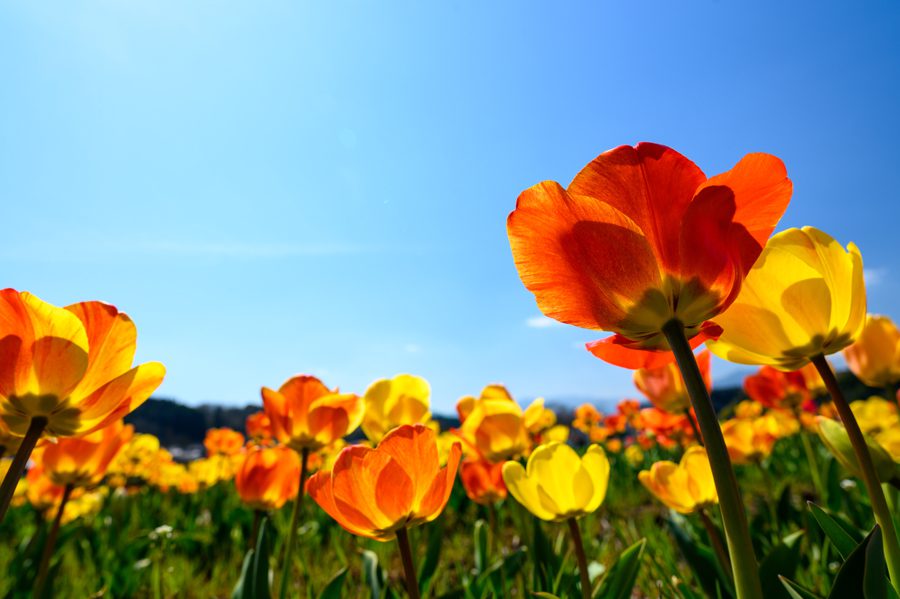When the weather warms up, the plants and trees get ready for the new season. And while that means that Springtime beauty is fast approaching, it also means that many seniors will struggle with seasonal allergies. Allergy season can be a real problem for many seniors. Coughing, sneezing, congestion, and more can plague those with seasonal allergies. This article will discuss easy you can help your elderly loved one prepare for allergy season.
Seasonal Allergies and Air Filters
A clean air filter will help reduce particulate matter in your home. A HEPA (high-efficiency particulate air) filter can remove 99.97% of dust, pollen, mold, and other airborne particles, according to the EPA. This helps reduce your loved one’s exposure to pollen and dust within their home. Generally, air filters should be replaced every 90 days, or sooner if living with pets or if residents smoke indoors.
Air purifiers can also be beneficial to seniors who suffer from seasonal allergies. Using an air purifier in the bedroom or living room can make allergy relief a little easier in these high-use areas.
Seasonal Allergies and Housekeeping
Dust and pollen buildup can make allergies even worse. Dusting and vacuuming more often during the Spring can help reduce allergen buildup in the home. Wipe down high-touch surfaces more often.
Pollen on Clothing
After returning home, clothes should be changed. Leave hats, jackets, and shoes by the door. It can be a good idea for your loved one to change their whole outfit after being outdoors. This helps reduce their exposure to pollen that may have clung to their clothing. Place clothing in a hamper with a closed lid, or wash immediately.
Tracking Pollen Counts
Many weather stations and websites will discuss pollen levels in their daily reporting. If pollen counts are high, your loved one should consider not leaving the house where applicable. If they have to go outside, covering up can help. Sunglasses, a wide-brimmed hat, and face masks can all reduce one’s exposure to pollen.
Pollen and Allergies when Cooling the Home
When pollen counts are high, try not to rely on opening windows to cool the home. A window screen isn’t tight enough to halt pollen. However, air conditioners rely on filters that can limit pollen intake. Fans can also be a good way to cool the home without bringing pollen into the house. But, be sure to clean the intake of your fan regularly.
Safe Harbor Healthcare Services does not provide medical, healthcare, or financial advice via articles. This material has been prepared for informational purposes only. It is not intended to provide, and should not be relied on for medical advice.
Safe Harbor Healthcare Services has been providing excellent home care on Staten Island since 1967. Our services help the elderly and disabled live safely and independently; while giving their families the peace of mind they need. For more information contact us by clicking here, or call (718)-979-6900.

